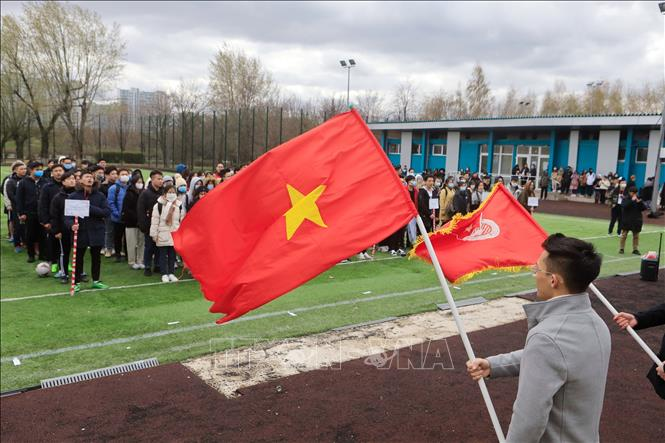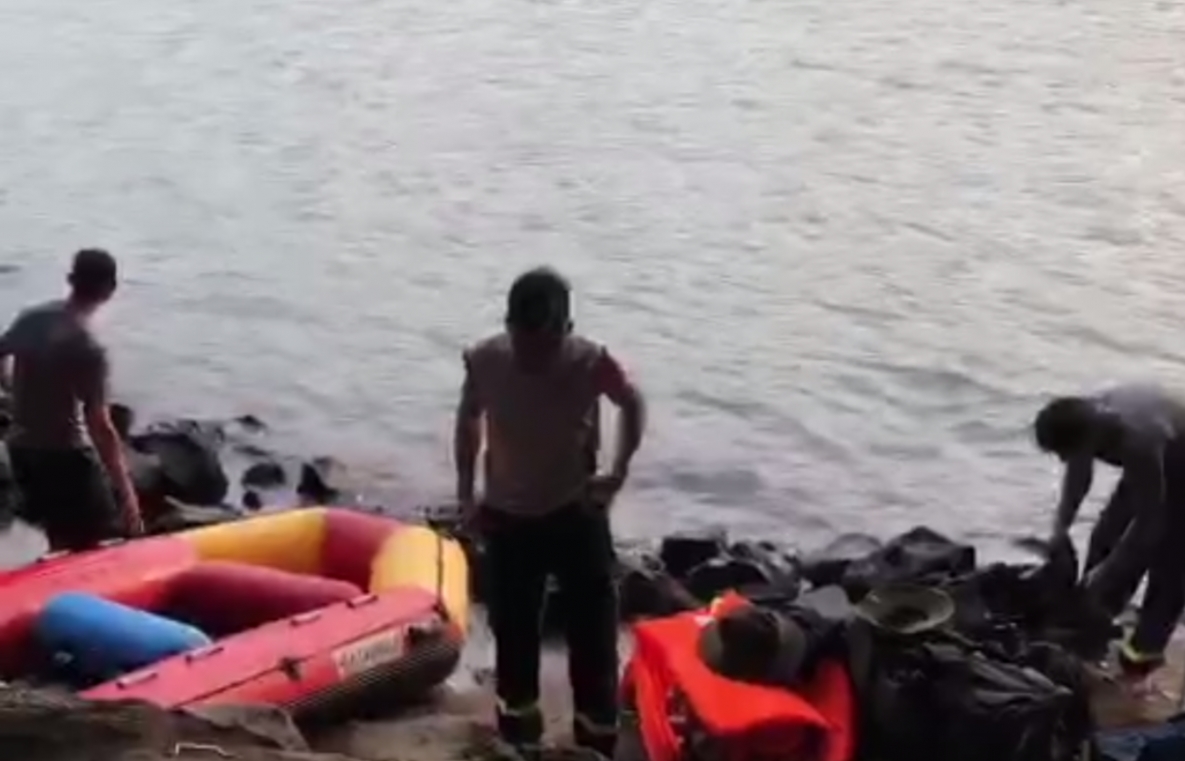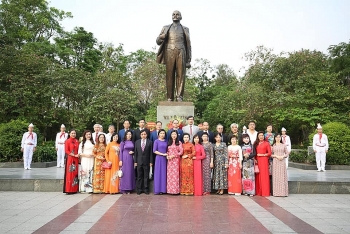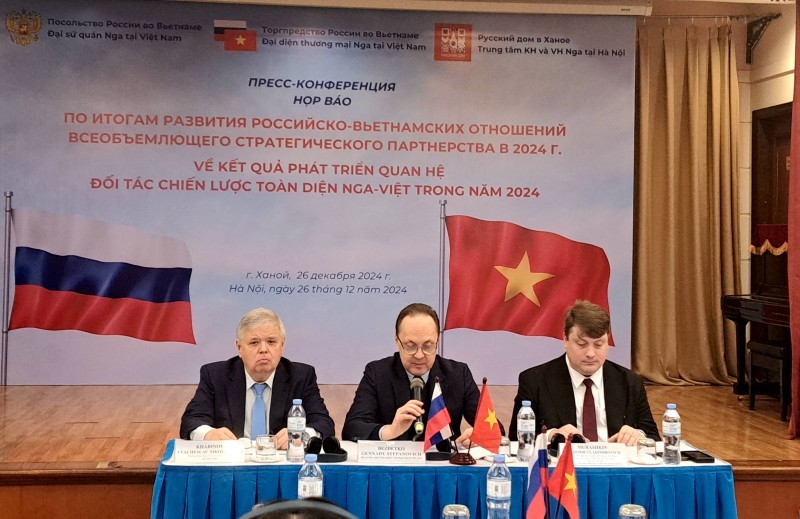Eight EU citizens banned from Russia in sanctions retaliation
Russia's foreign ministry said those banned included Vera Jourova, vice president for values and transparency at the executive European Commission, David Sassoli, the president of the European parliament, and Jacques Maire, a member of the French delegation at the Council of Europe's Parliamentary Assembly.
"The European Union continues to pursue its policy of illegitimate, unilateral restrictive measures against Russian citizens and organisations," the ministry said in a statement.
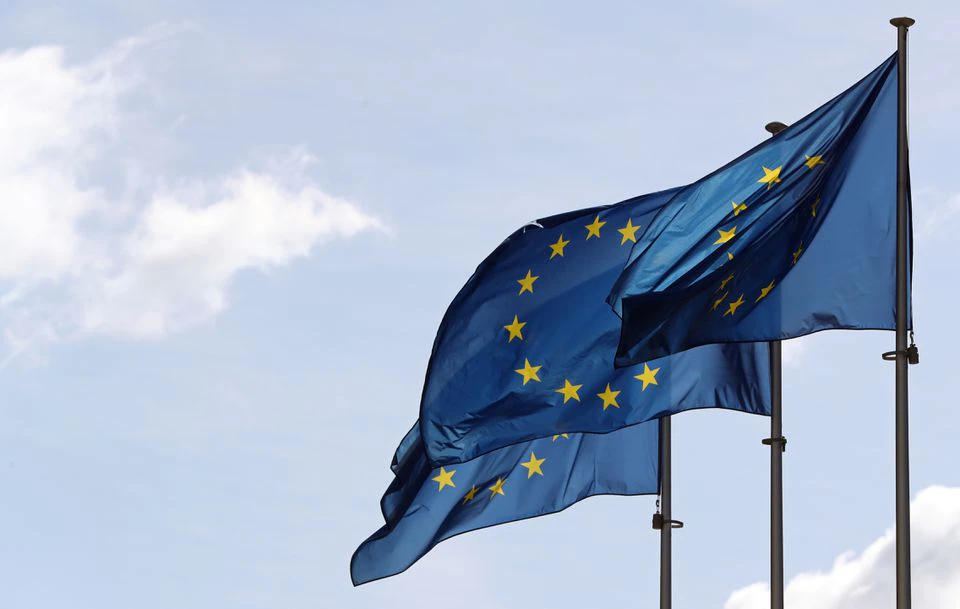 |
| The European Union flags flutter ahead of the gas talks between the EU, Russia and Ukraine at the EU Commission headquarters in Brussels, Belgium September 19, 2019. REUTERS/Yves Herman |
It accused the EU of "openly and deliberately" undermining the independence of Russia's domestic and foreign policy, according to Reuters.
Sassoli, Commission president Ursula von der Leyen and European Council chief Charles Michel said in a joint statement they condemned Russia's "unacceptable" action in "the strongest possible terms" and said it showed Moscow had chosen a path of confrontation with the bloc.
"The EU reserves the right to take appropriate measures in response to the Russian authorities’ decision," they said
Sassoli said in a tweet that no sanctions or intimidation would stop the parliament or him defending human rights, freedom and democracy.
"Threats will not silence us. As Tolstoy wrote, there is no greatness where there is no truth," his tweet read.
Russia banned three officials from the Baltic states: Ivars Abolins, chairman of Latvia's National Electronic Media Council, Maris Baltins, director of the Latvian State Language Center, and Ilmar Tomusk, head of Estonia's Language Inspectorate.
It also banned Jorg Raupach, Berlin's public prosecutor, and Asa Scott of the Swedish Defence Research Agency.
Scott was among officials who said Kremlin critic Alexei Navalny had been poisoned in Russia with a Soviet-era nerve agent.
Navalny's arrest exacerbates strained relations
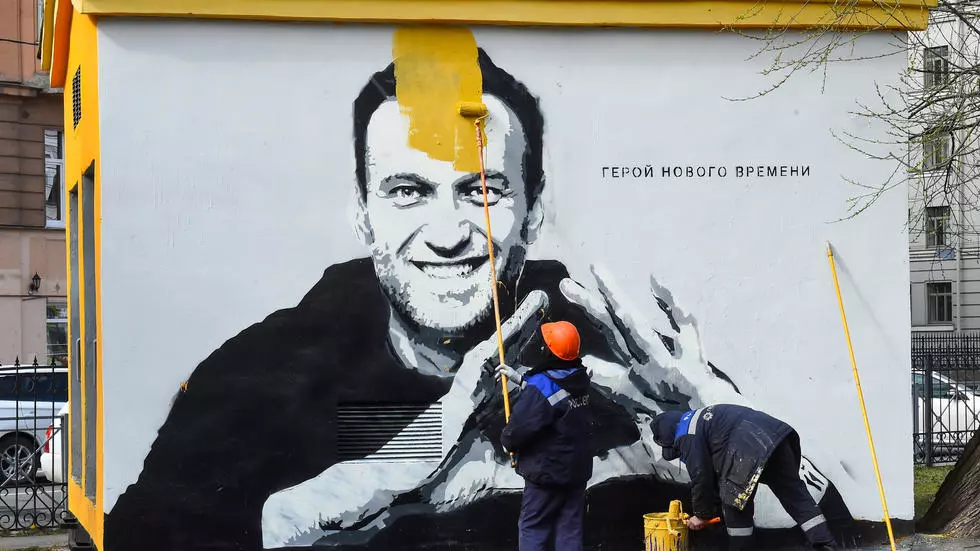 |
| Kremlin critic Alexei Navalny was arrested in January 2021 on his return from Germany. © Olga Maltseva, AFP |
Navalny recovered from the poisoning in Germany and was detained upon his return to Russia in January, and sentenced in February to 2-1/2 years in prison for parole violations on an earlier embezzlement conviction that he says was politically motivated.
The sanctions were the first to target Moscow since Joe Biden became president and opened a comprehensive review of U.S.-Russia policy, including the Kremlin's actions against Navalny, interference into the U.S. election, the Solar Winds hack and reported bounties offered to Taliban-linked groups to target U.S. forces in Afghanistan.
The European Union has also issued its own restriction measures against Moscow sanctioning four top government officials, including head of Russia's National Guard Viktor Zolotov and Prosecutor General Igor Krasnov as well chairman of Russia's investigative committee and director of penitentiary service.
The E.U. also took action against Russia for poisoning Navalny last October, restricting travel and freezing the assets of six Russians and designating one entity.
Since Navalny’s sentence, his associates, many of whom have also been detained, have urged the west to react with harsh sanctions against the Kremlin and people closest to President Vladimir Putin. Biden last month called the jailing of Navalny “politically motivated” and called for his immediate release, without condition.
A United Nations report released Monday found that the attack against Navalny was part of a “wider trend” over several decades of arbitrary and attempted killings of Russian citizens and government critics inside the country and abroad. It also called for an international investigation into Navalny's poisoning.
EU sanctions Russians over rights abuses in Chechnya
The EU imposed sanctions in March on two Russians accused of persecuting gay and lesbian people in the southern Russian region of Chechnya.
The EU blacklisted Aiub Vakhaevich Kataev, a senior official at the Russian Internal Affairs Ministry in Chechnya, and Abuzaid Dzhandarovich Vismuradov, deputy prime minister of the Chechnya region and the commander of a special security unit that the EU said was responsible for persecution. Vismuradov is already under U.S. sanctions, according to Reuters.
"The repressions are directed against lesbian, gay, bisexual, transgender and intersex persons, those presumed to belong to LGBTI groups," the EU said in its Official Journal, where it published the asset freezes and travel bans.
The EU said gay and lesbian individuals were wrongly accused of being opponents of Ramzan Kadyrov, who is the leader of Russia's Muslim-majority Chechnya region and a close ally of Russian President Vladimir Putin.
Kadyrov was also under U.S. sanctions for rights abuses, which he denied. His spokesman said there could be no attacks on gay men because there were no such people in Chechnya.
The EU also imposed sanctions on four senior Russian officials close to President Vladimir Putin in March.
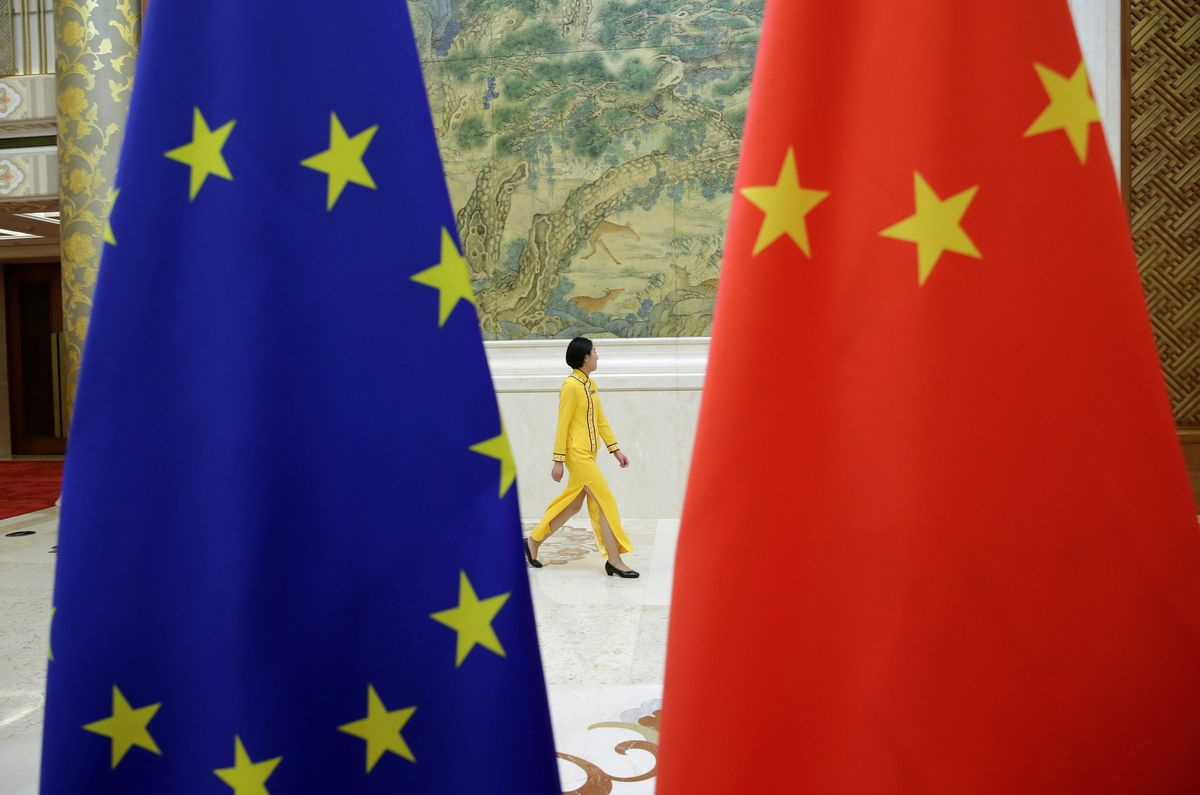 | EU calls out China for endangering South China Sea peace The European Union has criticised China’s activities in the South China Sea (Bien Dong Sea), accusing it of threatening regional peace and stability. |
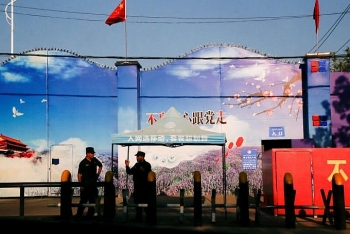 | China slaps sanctions on UK lawmakers and entities amid Xinjiang row China on Friday imposed sanctions on over a dozen British individuals and entities over what it says are "lies and disinformation" about Xinjiang, in a ... |
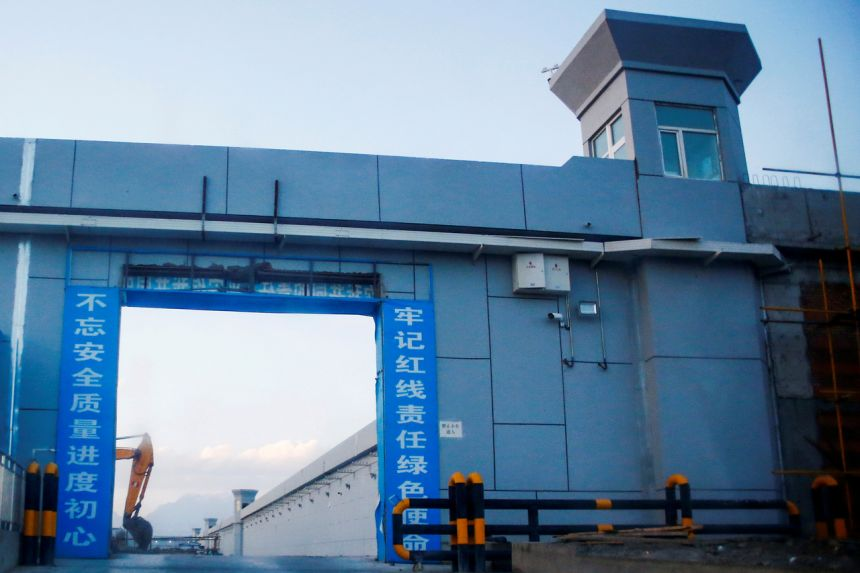 | US, EU and Canada sanctions China and this is how Beijing hits back Earlier this week, US, the European Union, Britain and Canada decided to sanction China, which sent "a clear message about the human rights violations and ... |
Recommended
 World
World
Pakistan NCRC report explores emerging child rights issues
 World
World
"India has right to defend herself against terror," says German Foreign Minister, endorses Op Sindoor
 World
World
‘We stand with India’: Japan, UAE back New Delhi over its global outreach against terror
 World
World
'Action Was Entirely Justifiable': Former US NSA John Bolton Backs India's Right After Pahalgam Attack
 World
World
US, China Conclude Trade Talks with Positive Outcome
 World
World
Nifty, Sensex jumped more than 2% in opening as India-Pakistan tensions ease
 World
World
Easing of US-China Tariffs: Markets React Positively, Experts Remain Cautious
 World
World

